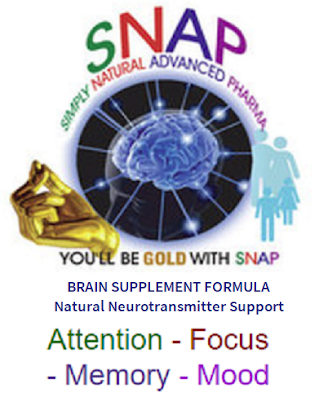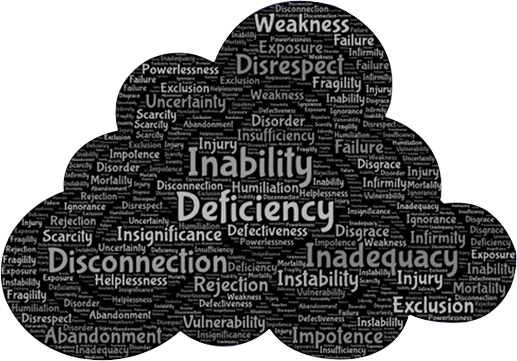For The Treatment of ADHD, A Wholesome, Balanced Diet Is Crucial
You can manage your symptoms by eating healthful, fresh foods that are low in fat, sugar, and salt. When you cook at home, you have complete control over what ends up on your plate.
Use a premium
multivitamin and mineral supplement every day
Research shows that
nutritional deficiencies, such as low levels of magnesium, zinc, vitamin D, and
ferritin, are common in people with ADHD. Restocking these adhd medicine natural is
made easier by taking a supplement. Studies claim that taking a daily
multivitamin and mineral supplement can improve learning and stave off chronic
illness.
Think about n-3 fatty
acids
Numerous studies suggest
that omega-3 fatty acid supplementation may be beneficial for ADHD symptoms
like focus, impulsivity, and hyperactivity. The two functional parts of omega-3
fatty acids are EPA eicosapentaenoic acid and DHA docosahexaenoic acid.
Research indicates that fish oil with a higher concentration of EPA omega-3s
may be the most useful, depending on your particular form of ADD/ADHD. Adults
should take between 2,000 and 6,000 mg of high-quality fish oil daily;
youngsters should take between 1,000 and 2,000 mg.
Stop using typical
stimulants
Do not consume coffee or
goods containing nicotine. According to brain SPECT imaging research, which now
includes more than 160,000 functional brain scans, both caffeine and nicotine
gradually and sporadically lower brain activity. Both ADHD symptoms and sleep
disruption make it difficult for some people to get to sleep. The
neuropsychiatrists have shown a direct correlation between a patient's degree
of exercise and the severity of their symptoms.



Comments
Post a Comment